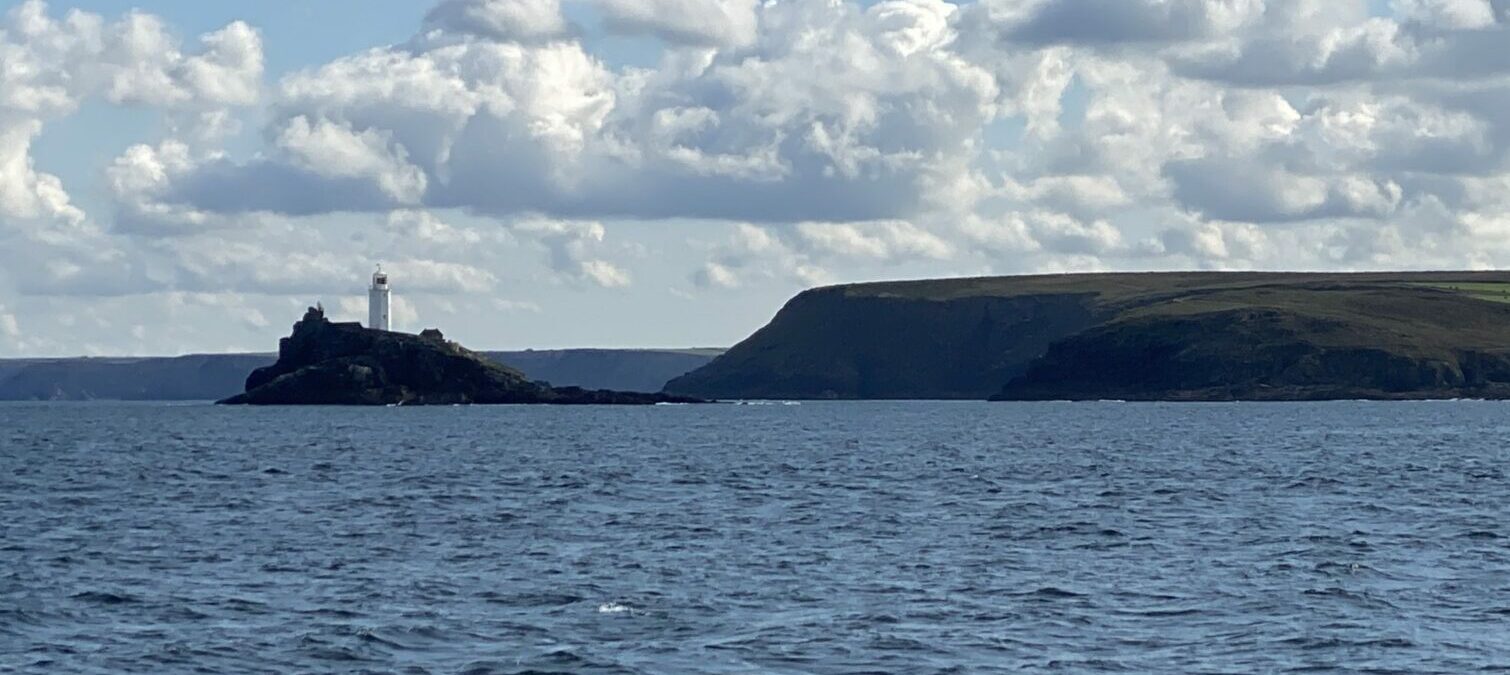Current Project Status
Planetary is in the process of identifying, characterising, and testing an alkalinity source that will be viable for our proposed project in the UK. Planetary will follow the guidelines from the EA, and future steps and timing will be determined based on the identification of an appropriate source, EA requirements, and input and guidance from the local community.
View overview
Most Recent Update
In order to ensure the strongest possibility of a successful project, Planetary is currently sourcing alkalinity that is viable for the long term in the UK. See our blog post here.
This is in response to recommendations from the EA and Water Research Center (WRc) contained in their independent report. See the full report on our website here.
Project Timeline
Completion of in-lab and large scale “swimming pool” experimental program.
Completion of the Westward OH2 GGR Project, funded by the UK Government. Report available here.
Initial systems and methods test in Cornwall, with approval of the Environment Agency.
Outreach to governmental and environmental groups in Cornwall for engagement on plan development.
Provisional approval of this study granted by a local regulator, with a recommendation to supply more information on:
- Environmental impact
- Detailed project life cycle analysis (carbon footprint)
- Risk assessment related to material handling
- Community engagement
Version 2.0 of the Planetary MRV Framework published, incorporating data from early trials and community feedback.
Public information sessions and dialogue with the community held in Hayle, Truro, and online establishing engagement with community and conservation groups. These sessions included both one-on-one meetings with individuals and group discussions. We welcome direct conversations with members of the public – please contact us at Cornwall_project@planetarytech.com.
Pre-study biological surveys completed, data from which will be published when available. Ongoing community engagement, which will continue indefinitely and throughout all project stages.
The Environment Agency works with the Water Research Centre (WRC) to independently evaluate Planetary’s project proposal.
The Environment Agency published an independent report produced by Water Research Centre (WRc) regarding Planetary’s proposed ocean alkalinity enhancement trial in Cornwall. See the report here.
Planetary is sourcing alkalinity that is viable for the long term in the UK. See our blog post here.
Nature Communications Earth and Environment published a paper by scientists from Plymouth Marine Labs Applications detailing the results of our 2022 project – one of the first small scale Ocean Alkalinity Enhancement field trials. See the blog post and full article here.

